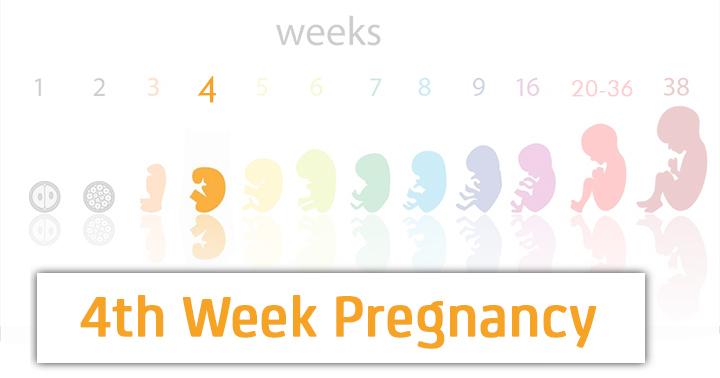 Source: bing.com
Source: bing.comTable of Contents
Physical Development
At 4 weeks old, your baby is starting to gain weight and grow in length. They may have gained up to a pound since birth and grown around one inch. Their head circumference will also increase. Their neck muscles are getting stronger, allowing them to lift their head for a few seconds when on their tummy. They are also developing their sense of touch and can recognize the feeling of being cuddled or held close.
Sensory Development
Your baby’s senses are starting to develop more fully. They can see objects up to 12 inches away, which means they can focus on your face when you’re holding them. They are also starting to be able to distinguish between different colors and may even show a preference for brighter colors. Their sense of smell is also developing, and they can recognize the scent of their mother’s breastmilk.
Social and Emotional Development
At this age, your baby is starting to become more aware of their surroundings and the people in them. They may start to smile in response to your smiles or coo in response to your voice. They are also starting to develop a sense of trust and security with their primary caregivers, which is important for their emotional development.
Feeding
Whether you’re breastfeeding or bottle-feeding, your baby will still need to eat around 8-12 times per day. They may start to develop more of a feeding pattern, with longer stretches of sleep at night and more frequent feedings during the day. Make sure to pay attention to your baby’s hunger cues and feed them on demand.
Sleeping
At 4 weeks old, your baby is likely still sleeping for most of the day and night, with short periods of wakefulness. They may start to develop more of a sleep pattern, with longer stretches of sleep at night and shorter naps during the day. Make sure to create a safe sleep environment for your baby, such as a firm and flat sleep surface with no loose bedding or soft objects.
Frequently Asked Questions
1. When will my baby start to roll over?
Most babies start to roll over around 4-6 months old. However, some babies may start rolling over as early as 2-3 months, while others may not roll over until closer to 7-8 months.
2. How often should I be bathing my baby?
Newborns don’t need to be bathed every day, as too much bathing can dry out their skin. Aim to bathe your baby 2-3 times per week, using warm water and mild soap. Make sure to pay extra attention to cleaning their diaper area.
3. When should I start tummy time?
You can start tummy time as early as a few days old, as long as your baby is awake and supervised. Aim for 2-3 sessions of tummy time per day, gradually increasing the amount of time as your baby gets stronger.
4. What should I do if my baby isn’t gaining weight?
If you’re concerned about your baby’s weight gain, talk to their pediatrician. They may suggest supplementing with formula if you’re breastfeeding, or increasing the amount of formula if you’re bottle-feeding. They may also recommend seeing a lactation consultant if you’re having breastfeeding difficulties.
5. When should I start introducing solid foods?
Most babies are ready to start solid foods around 6 months old. However, every baby is different, so talk to their pediatrician for specific recommendations. Signs that your baby may be ready for solids include sitting up with support, showing interest in food, and being able to hold their head steady.
